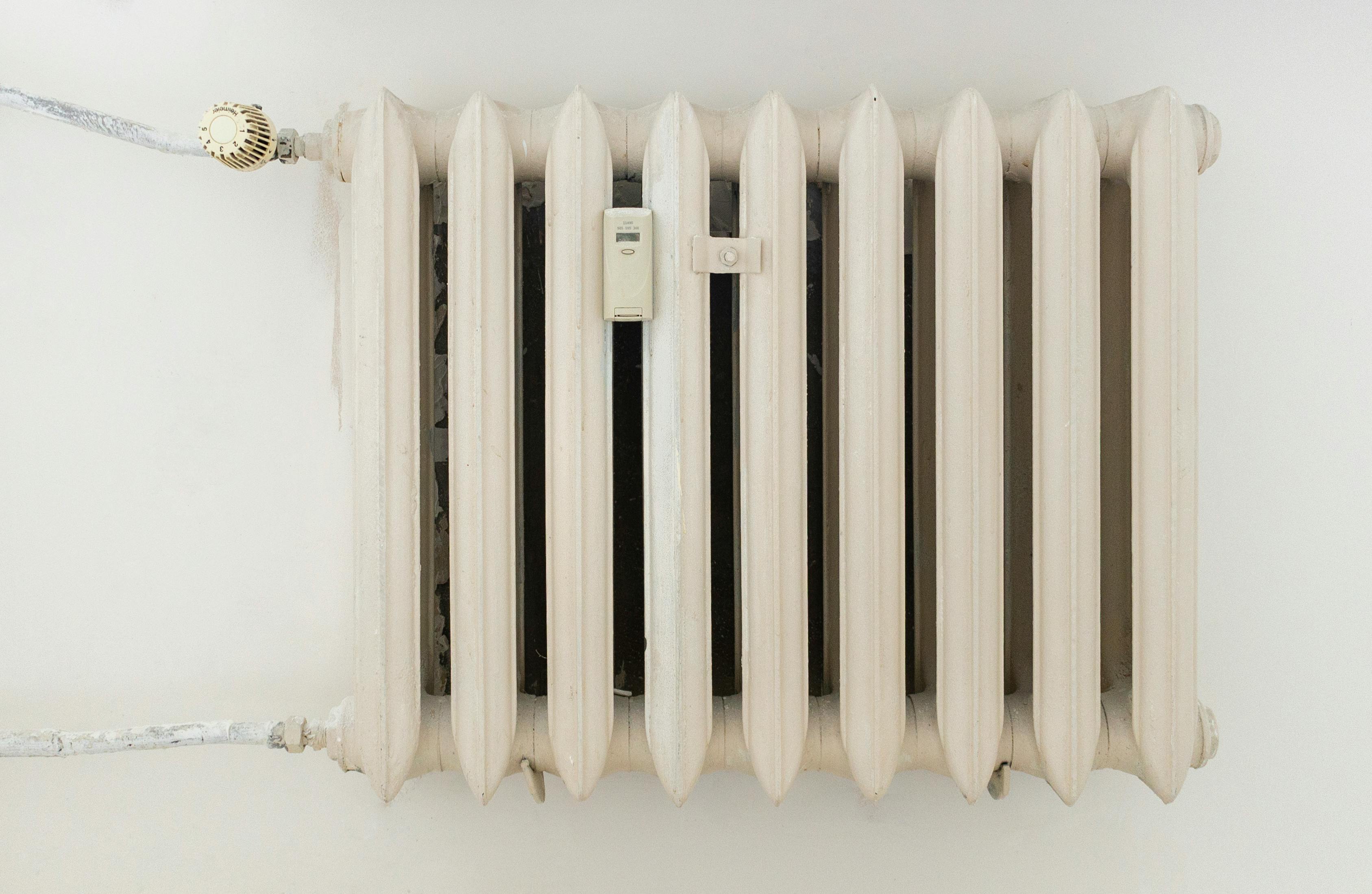The Remarkable Shift in the Legal Landscape: AI and Intellectual Property Laws
Introduction: Artificial intelligence (AI) is increasingly becoming a part of our lives. From virtual assistants to self-driving cars, AI’s influence is far-reaching. But, what happens when AI creates something unique? Who owns the rights to it? Let's delve into the evolving relationship between AI and intellectual property laws.

The Dawn of AI and Intellectual Property Laws: A Historical Perspective
The current intellectual property (IP) laws were crafted in an era where human intelligence was the sole creator of inventions and artistic works. In the U.S., the Copyright Act of 1976 and the Patent Act of 1952, both assume a human creator. However, the advent of AI has challenged this assumption. One of the earliest instances of this was when an AI-generated painting was sold at an auction for a considerable sum in 2018, prompting legal experts to question current IP laws.
AI Creations and the Copyright Conundrum
In the realm of copyright law, the question is whether an AI-generated work can be copyrighted. Currently, in the U.S., copyright protection extends only to “original works of authorship” by human authors. The U.S. Copyright Office has explicitly stated that it will not register works produced by a machine or mere mechanical process. Similar stances are held by most jurisdictions worldwide. However, with AI’s creativity growing, there are compelling arguments for a change in this stance.
AI Inventions and Patent Protections
Patent law faces similar dilemmas with AI. In 2020, the United States Patent and Trademark Office (USPTO) denied two patents for inventions created by an AI system named DABUS. The USPTO stated that under current U.S. law, only natural persons can be inventors. However, this ruling has sparked a debate about whether AI should be considered a legal inventor and how such a change would impact innovation.
Impact on Society and the Legal Profession
The implications of AI’s interaction with IP laws are profound. For creators and inventors, the legal protection of their AI-generated works or inventions remains uncertain. For legal professionals, this presents a new and complex area of law to navigate. Moreover, the decisions made in this area will significantly shape the future of innovation and creativity.
Looking Forward: The Future of AI and Intellectual Property Laws
There are no easy answers when it comes to the intersection of AI and IP laws. Some suggest creating a new legal category for AI-generated works and inventions. Others propose amending existing laws to encompass AI creations. Regardless of the path chosen, it is clear that the legal landscape must adapt to accommodate the growing role of AI in creation and invention.
In conclusion, the relationship between AI and IP laws is evolving rapidly. It’s a fascinating and complex area of law that will undoubtedly continue to challenge our understanding of creativity, invention, and ownership in the digital age.




